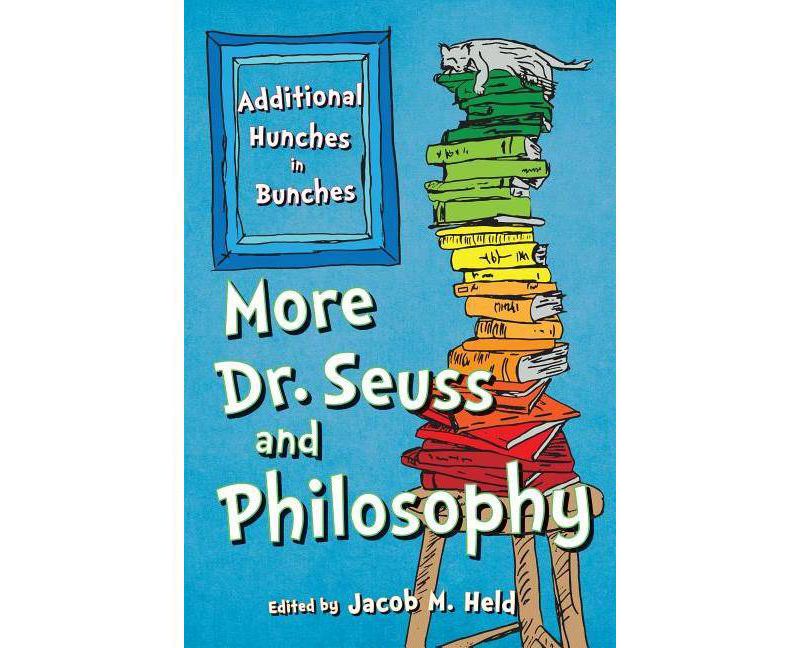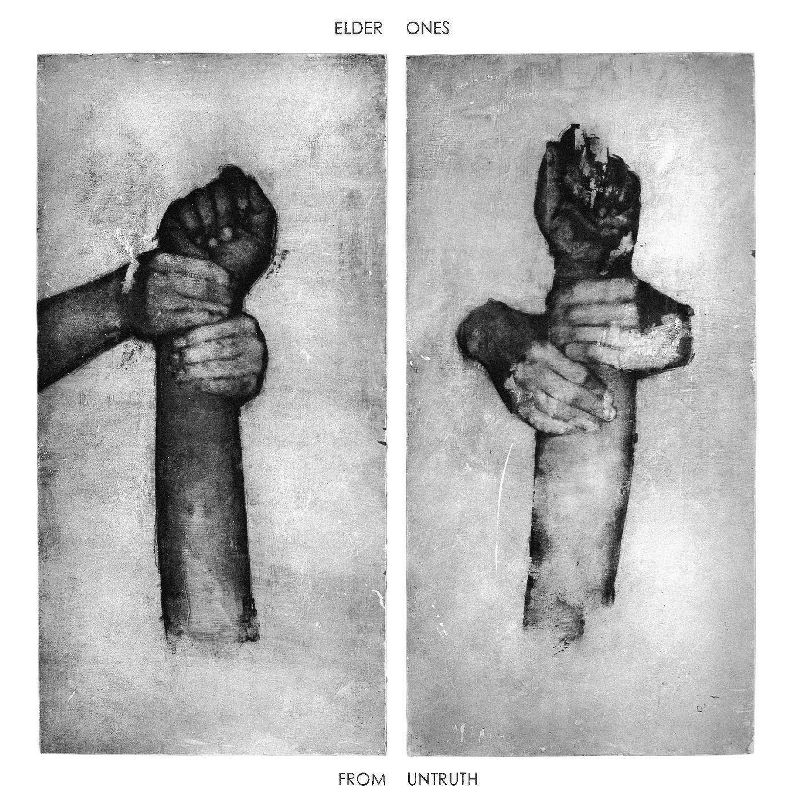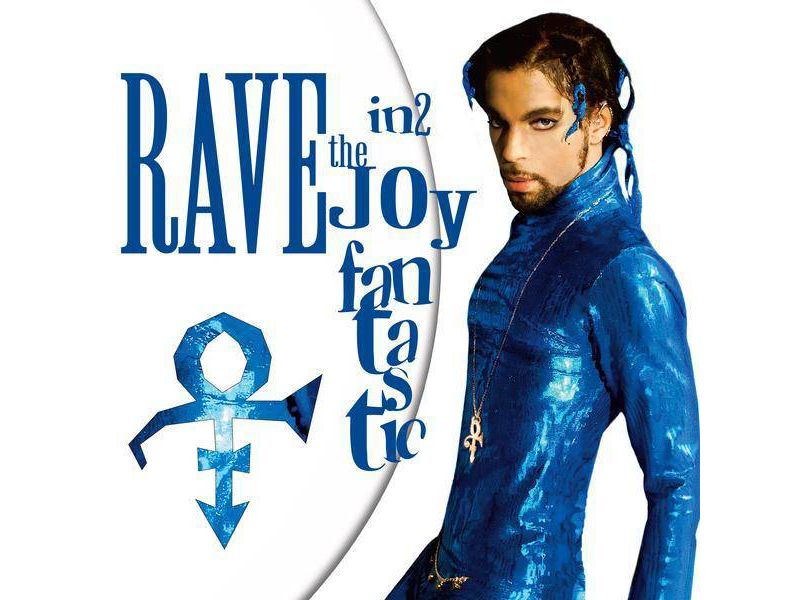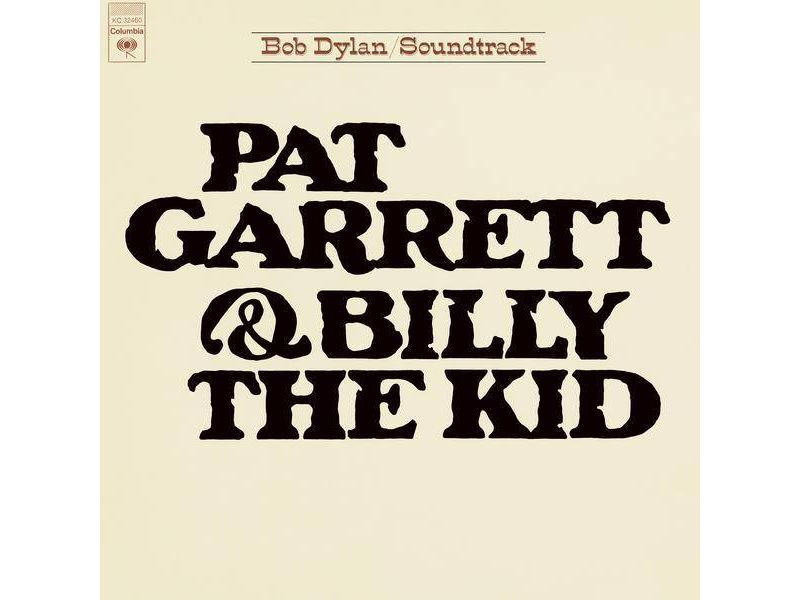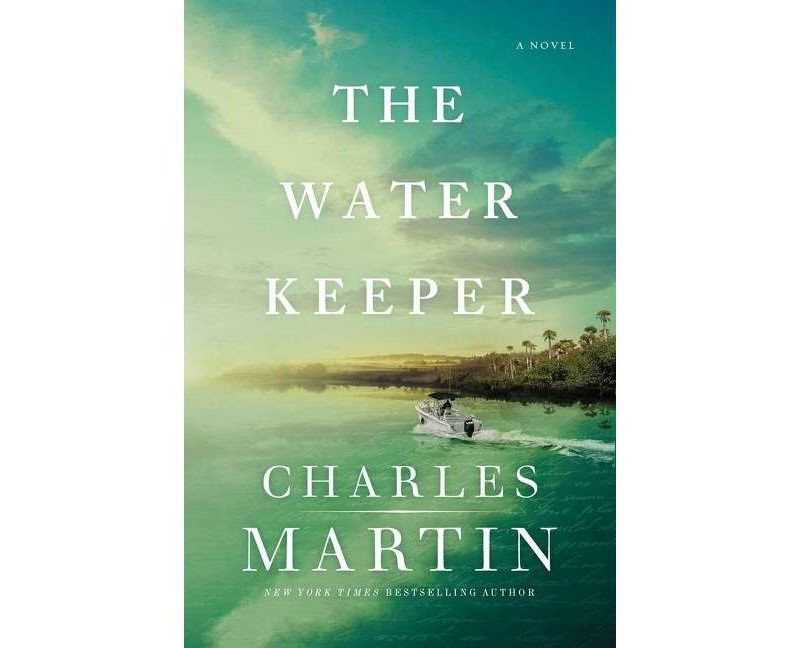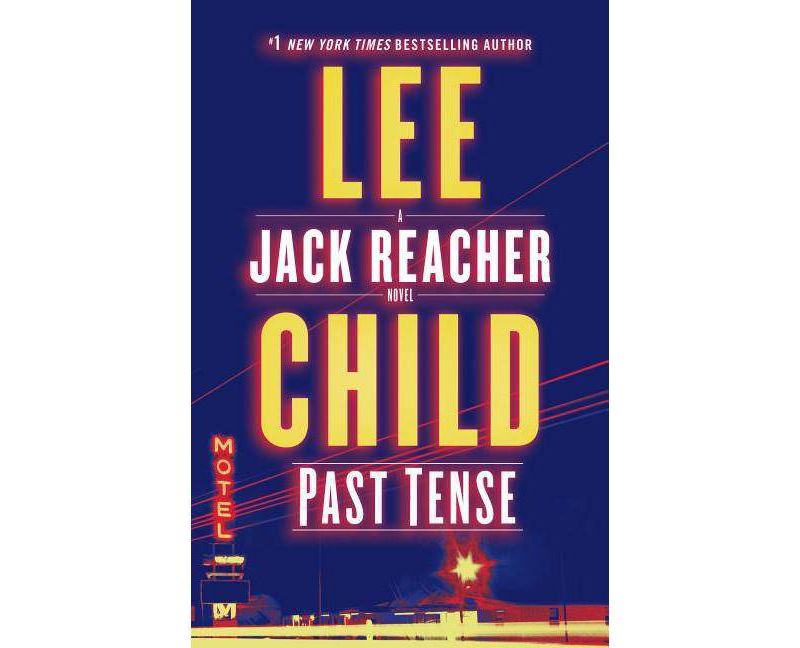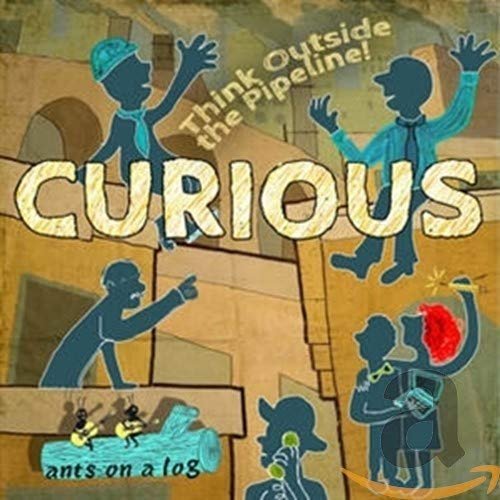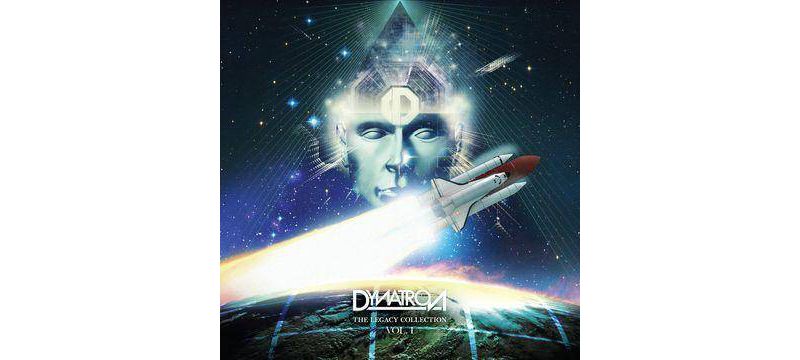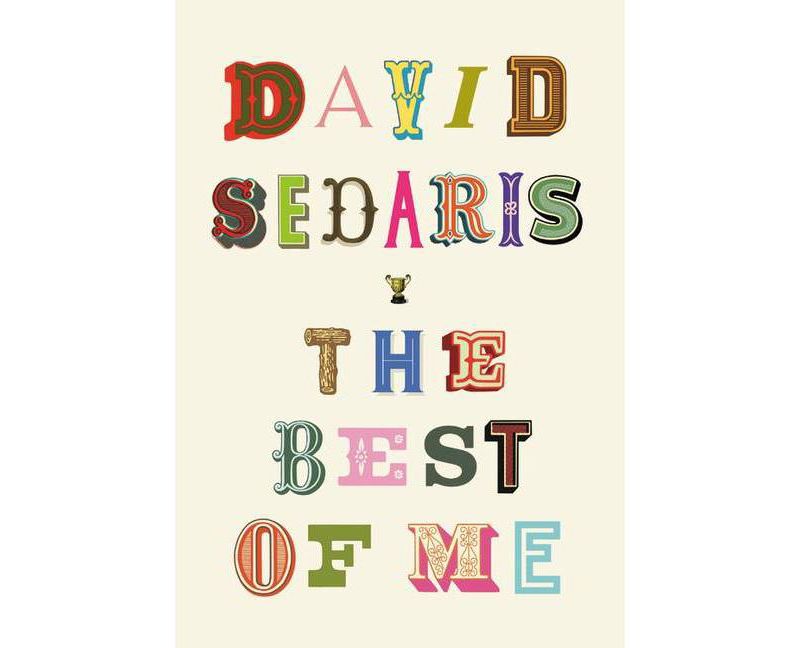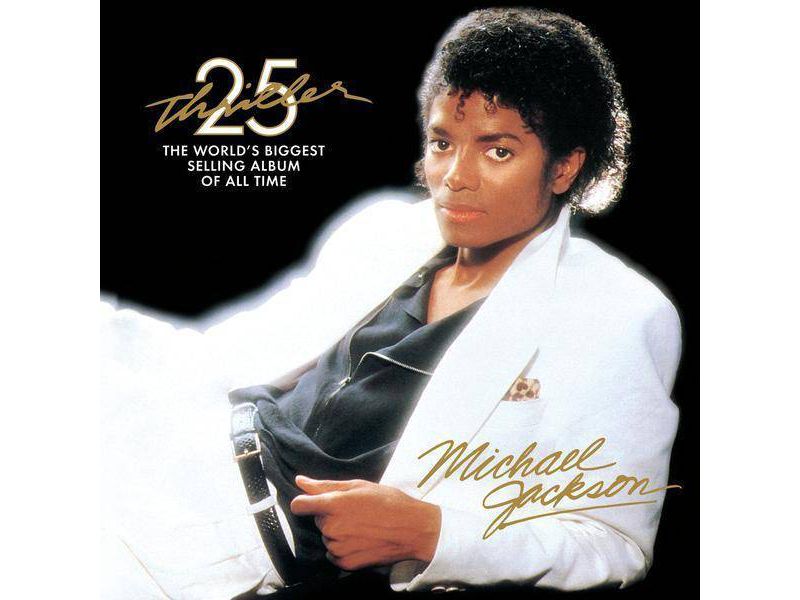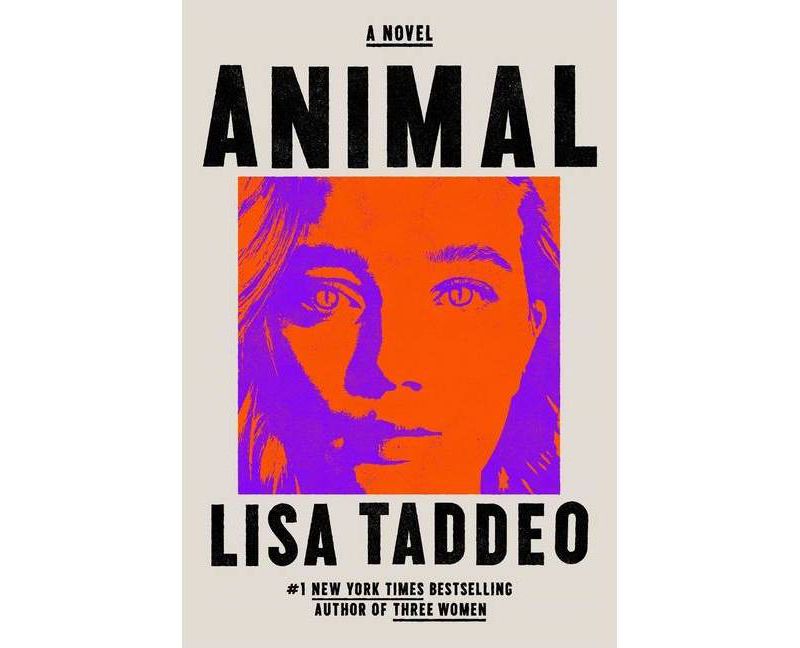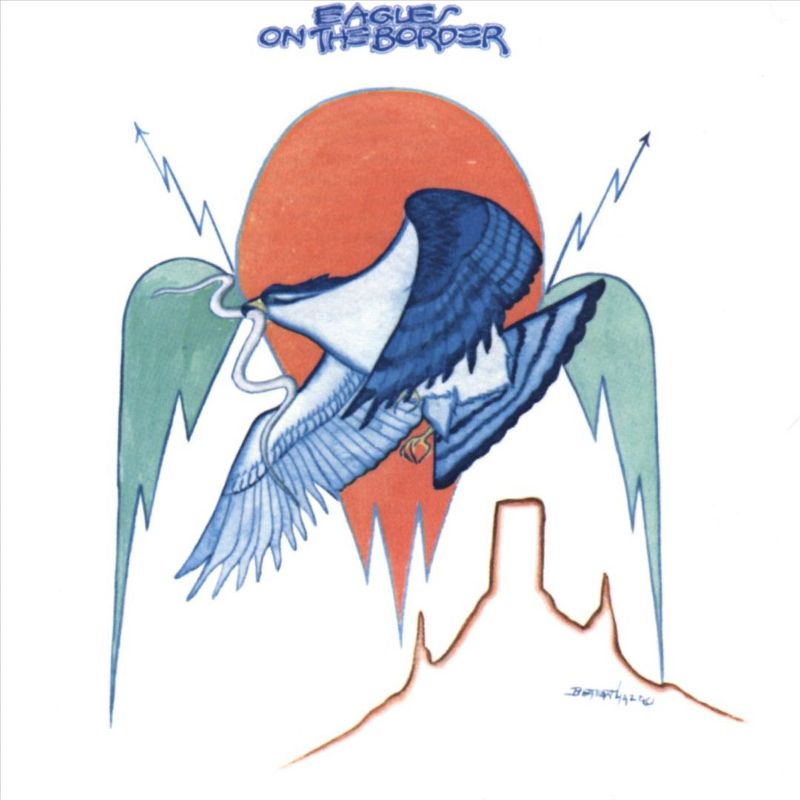Trusted shipping
Easy returns
Secure shopping
Buy Dr. Seuss and Philosophy - (Great Authors and Philosophy) by Jacob M Held (Paperback) in United States - Cartnear.com
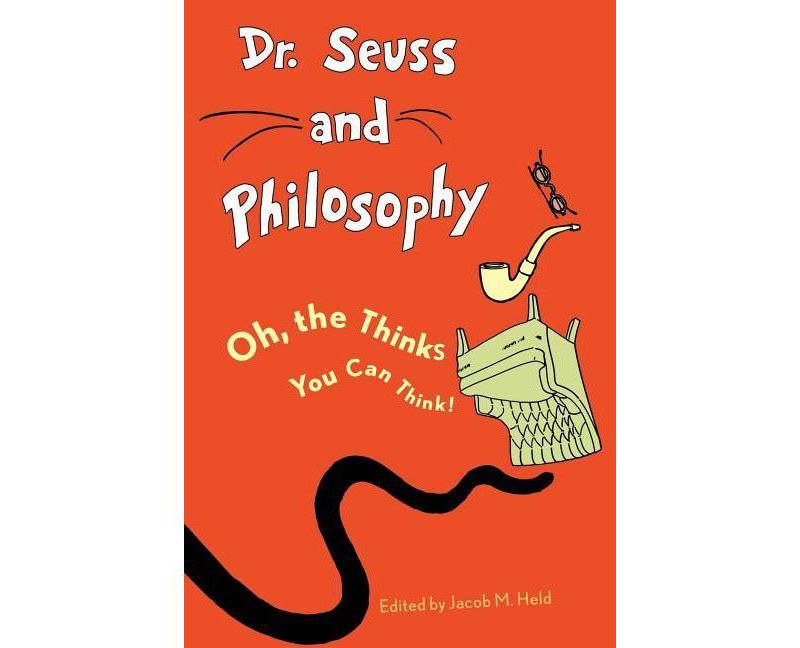
Dr. Seuss and Philosophy - (Great Authors and Philosophy) by Jacob M Held (Paperback)
CTNR438481 09781442203112 CTNR438481Brentwood
2027-02-05
/itm/dr-seuss-and-philosophy-great-authors-and-philosophy-by-jacob-m-held-paperback-438481
USD
15.3
$ 15.30 $ 15.61 2% Off
Item Added to Cart
customer
*Product availability is subject to suppliers inventory
SHIPPING ALL OVER UNITED STATES
100% MONEY BACK GUARANTEE
EASY 30 DAYSRETURNS & REFUNDS
24/7 CUSTOMER SUPPORT
TRUSTED AND SAFE WEBSITE
100% SECURE CHECKOUT
Number of Pages: 260
Genre: Philosophy
Sub-Genre: Ethics & Moral Philosophy
Series Title: Great Authors and Philosophy
Format: Paperback
Publisher: Rowman & Littlefield Publishers
Age Range: Adult
Author: Jacob M Held
Language: English
If you are a person who likes to ask "Why?" But who finds the philosophers just a bit dry, Then this book's for you, since it's not so abstruse, When your guide to Deep Thinkers is--the wise Dr. Seuss!--Thomas Cathcart, author of Plato and a Platypus Walk into a Bar and Heidegger and a Hippo Walk through Those Pearly Gates
This is a unique book. I would not have imagined anyone imagining doing such a thing--but these philosophers did. They imagined it, and they did it. And it is published. You can hold it in your hand, or even read it. Oy vey!--Daniel Pinkwater
Few people realize how philosophical picture books are. Dr. Seuss and Philosophy should help change that. Readers should not miss Jacob Held's wonderful introductionary poem in which he channels Dr. Seuss. It's a real treasure!--Thomas Wartenberg, Professor of Philosophy, Mt. Holyoke College
Genre: Philosophy
Sub-Genre: Ethics & Moral Philosophy
Series Title: Great Authors and Philosophy
Format: Paperback
Publisher: Rowman & Littlefield Publishers
Age Range: Adult
Author: Jacob M Held
Language: English
About the Book
Dr. Seuss' stories are more than just catchy poems; they often wrestle with serious philosophical and moral dilemmas, whether it is Horton discovering the very essence of life or the Lorax teaching us about morality. Dr. Seuss and Philosophy explores philosophical concepts suc...Book Synopsis
Since Theodor Geisel published his first children's book in 1937 under the pseudonym Dr. Seuss, children and adults alike have been captivated by the charming and laconic tales of whimsical characters and imaginative worlds. But Dr. Seuss' stories are more than just catchy poems; they often wrestle with serious philosophical and moral dilemmas, whether it is Horton discovering the very essence of life or the Lorax teaching us about morality. Dr. Seuss and Philosophy explores philosophical concepts such as the nature of the good life in Oh, the Places You'll Go!, the nature of knowledge in McElligot's Pool, postmodernity in On Beyond Zebra, business and the environment in The Lorax, and moral character in How the Grinch Stole Christmas!, among many others. Anyone who loves Dr. Seuss or is interested in philosophy will find this book to be intriguing and enlightening.Review Quotes
If you are a person who likes to ask "Why?" But who finds the philosophers just a bit dry, Then this book's for you, since it's not so abstruse, When your guide to Deep Thinkers is--the wise Dr. Seuss!--Thomas Cathcart, author of Plato and a Platypus Walk into a Bar and Heidegger and a Hippo Walk through Those Pearly Gates
This is a unique book. I would not have imagined anyone imagining doing such a thing--but these philosophers did. They imagined it, and they did it. And it is published. You can hold it in your hand, or even read it. Oy vey!--Daniel Pinkwater
Few people realize how philosophical picture books are. Dr. Seuss and Philosophy should help change that. Readers should not miss Jacob Held's wonderful introductionary poem in which he channels Dr. Seuss. It's a real treasure!--Thomas Wartenberg, Professor of Philosophy, Mt. Holyoke College
About the Author
Jacob M. Held is assistant professor in the Department of Philosophy and Religion at the University of Central Arkansas. He has written extensively on philosophy and popular culture, having coedited James Bond and Philosophy and contributed to volumes on the Beatles, South Park, and Watchmen, to name a few.
